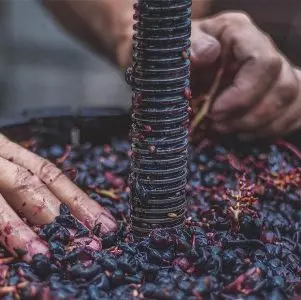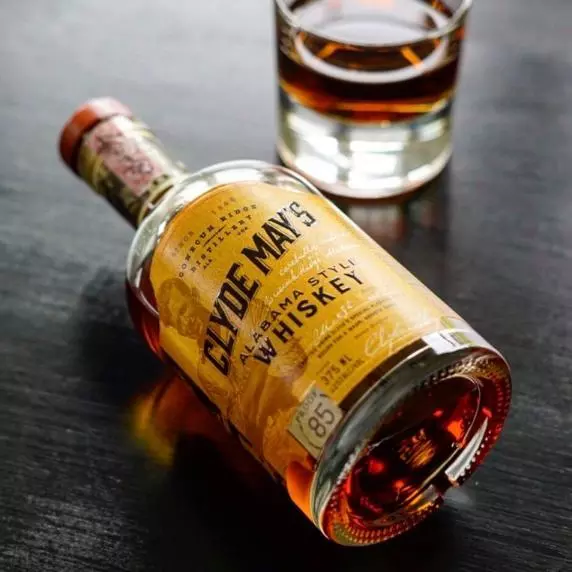Region Profile - Southern USA
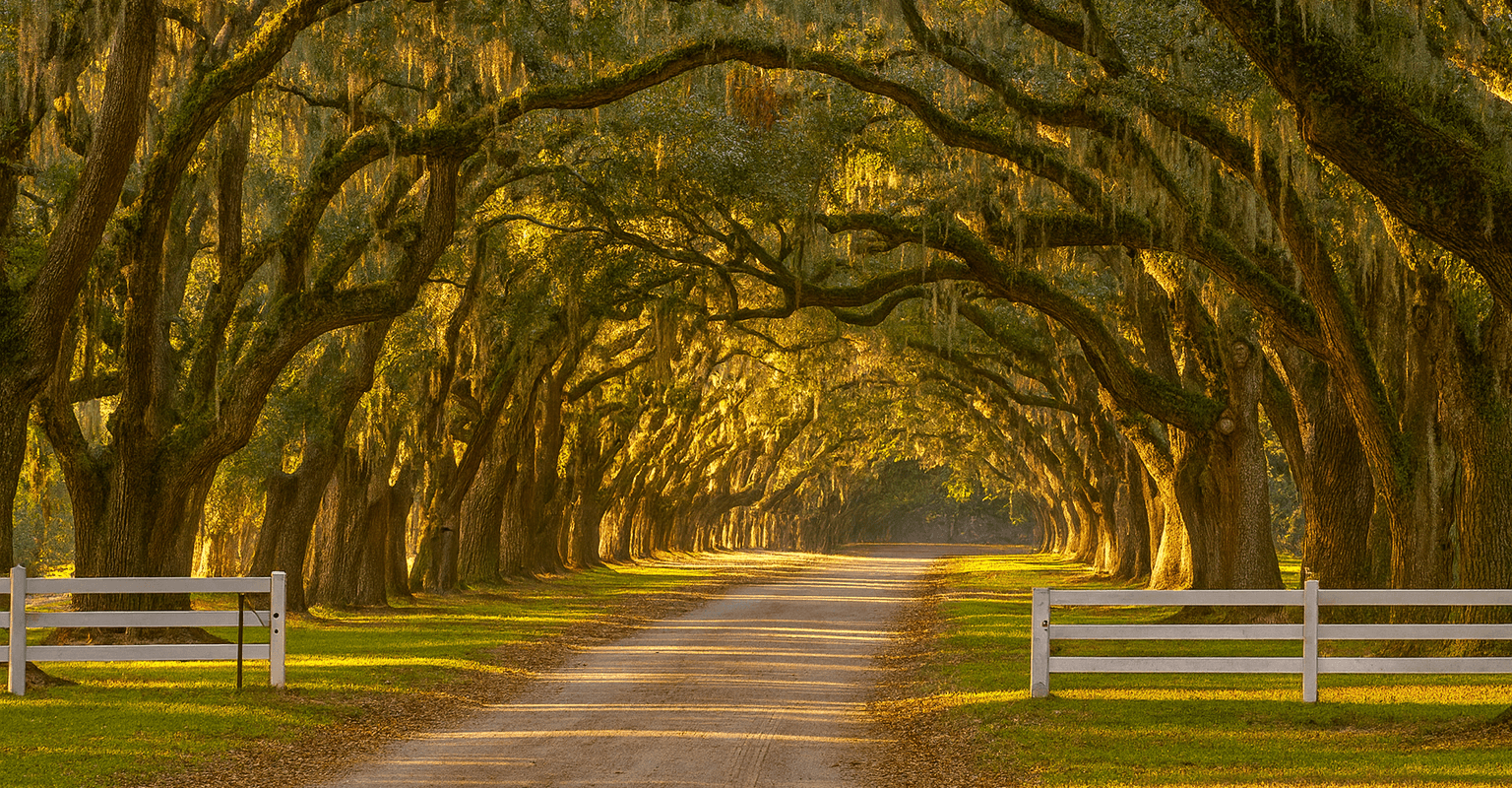

Region Overview
The Southern US has a vibrant and diverse whiskey-making scene, with deep roots in American distilling history. While Kentucky is widely known as the heartland of bourbon production, accounting for 95% of the world's bourbon, other Southern states like Tennessee also play a significant role, with unique styles and rich traditions. Scottish and Irish immigrants brought distilling techniques to the US, initially using barley. However, they found corn more readily available and suited to the Southern climate, leading to the development of corn-based spirits, including bourbon. Tennessee whiskey is a distinct type of American whiskey, defined by the Lincoln County Process (or charcoal mellowing) which filters the spirit through sugar maple charcoal before aging. This process, pioneered by Nearest Green (who mentored Jack Daniel), contributes to Tennessee whiskey's smooth character. For reference, Bourbon is a type of American whiskey made from at least 51% corn and aged in new, charred oak barrels, imparting sweetness and rich flavor. Tennessee Whiskey is similar to Bourbon but with the added Lincoln County Process filtration, resulting in a smooth finish.
Read more...
Southern USA Composite Nose

Vanilla
(9)

Caramel
(7)

Apple
(6)

Cinnamon
(6)
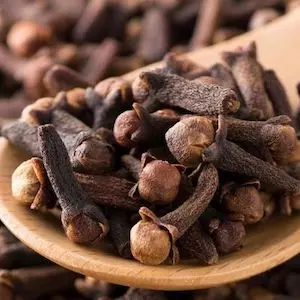
Cloves
(5)

Dried Apricot
(5)

Nutmeg
(5)
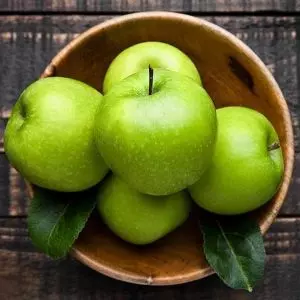
Green Apple
(4)

Anise
(3)









